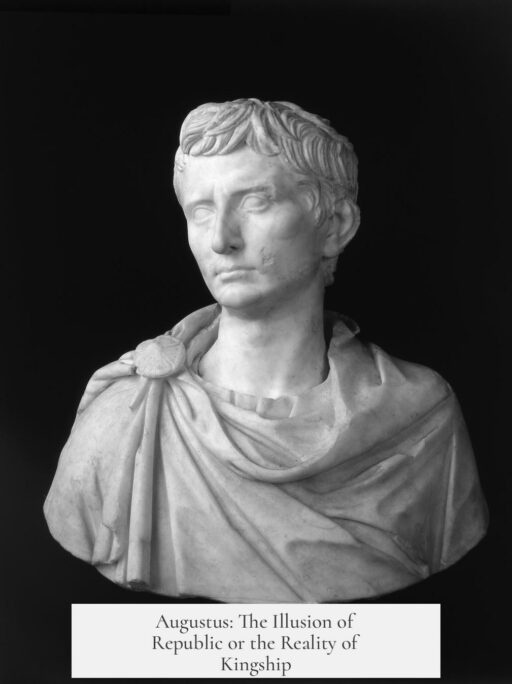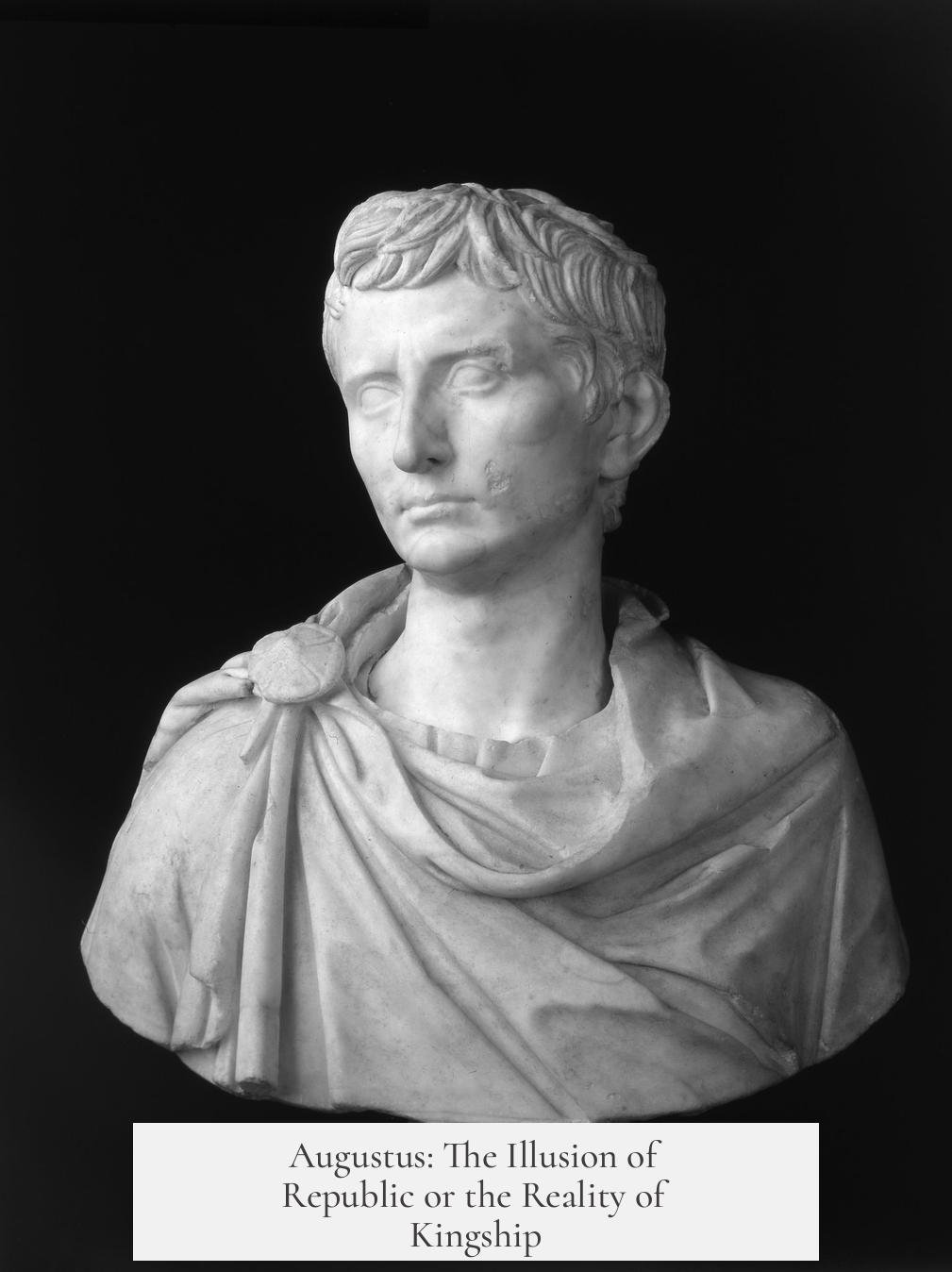Augustus avoided the title “King” deliberately, but Roman citizens knew he ruled as a monarch in all but name. He rejected the hated label “Rex,” associated with tyranny and Rome’s early monarchy. Yet, his actions and powers left no doubt that he was the ultimate authority in Rome.
Augustus’s refusal to call himself King did not hide his control. The military allegiance of the legions shifted directly to him. Traditionally, legionaries swore loyalty to the Senate. Augustus changed this. His soldiers pledged oaths personally to him. This personal loyalty to one man marked a sharp turn from republican norms. The shift signaled where real power resided.
His permanent use of the title “Imperator” reinforced his military supremacy. The term means “commander” and originally was a temporary honor after a victory. Augustus made it permanent, emphasizing his ongoing control of the army. While the Senate still appointed provincial governors or Proconsuls, Augustus alone appointed military legates. These commanders led the legions enforcing control. This arrangement gave Augustus direct influence over the empire’s armed forces.
Religious power further cemented his authority. After Lepidus died, Augustus became Pontifex Maximus—Rome’s chief priest. This position granted him control over moral laws and religious festivals. He could enact changes without Senate approval. Citizens saw him regularly leading religious ceremonies, reinforcing the idea he held spiritual as well as political supremacy.
Augustus also used images to communicate his elevated status. He minted coins with his portrait, a practice previously linked to monarchs like the Seleucids or Ptolemies. Displaying his image on currency spread his presence across the empire. Although controversial, this tactic helped shape public perception of consular power and influence, blending imperial imagery with Roman tradition.
To ease the tension between his power and Roman hatred for monarchy, Augustus framed his rule as a continuation of Roman values. Romans had accepted temporary autocrats during crises. Augustus called himself “Father of the Country,” echoing Cicero’s title during the Catilinarian conspiracy. This linked Augustus with historical examples of strong leaders acting in Rome’s best interests.
Cultural patronage reinforced this narrative. Virgil’s Aeneid promoted themes of civil unrest and the need for a restorer of order. This epic portrayed Augustus as a hero who founded a new Rome built on virtue. Literature supported the legitimacy of his reign by connecting it to noble Roman ideals.
Velleius Patarculus, a contemporary historian, acknowledged that after decades of civil war, Rome entrusted control to one man—the wisest and best—implying Augustus’s singular rule was accepted.
Roman elites and common citizens generally recognized Augustus as a king without the title. His symbolic rejection of “Rex” avoided the stigma of monarchy, but no one mistook his authority for anything less than absolute. His methods maintained political stability and public acceptance, preventing the backlash that openly calling oneself King would have triggered.
| Aspect | What Augustus Did | Effect / Public Perception |
|---|---|---|
| Avoided “King” Title | Never called himself Rex; sidestepped negative connotations | Maintained republican appearance but real power was singular |
| Military Control | Permanent title “Imperator”; personal oaths from legionaries; appointed legates | Shifts loyalty from Senate to Augustus; clear military dominance |
| Religious Authority | Became Pontifex Maximus; led major religious festivals; controlled moral laws | Seen as spiritual leader; enhanced legitimacy and moral authority |
| Iconography | Minted coins with his portrait | Visual symbol of power reinforcing autocratic image |
| Political Framing | Presented himself as restorer of Republic virtues; used cultural patronage | Accepted as necessary autocrat, not despotic king |
Augustus’s strategy balanced tradition with innovation. By rejecting the title of King but consolidating control over the military, religion, and public life, he created a new model of Roman leadership. People accepted this because it ended civil wars and brought order without the frightening return of monarchy as it had been known.
- Augustus avoided the title “King” to respect Roman traditions.
- His control of the military and religion revealed his true authority.
- Cultural works and coinage shaped public acceptance of his rule.
- Romans recognized him as the sole ruler despite no official kingship.
- This approach stabilized Rome and prevented monarchal backlash.




